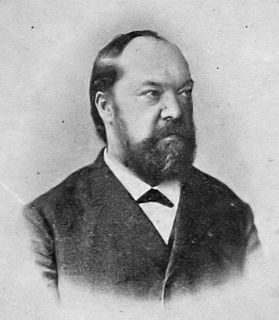A Quote by James E. Burke
The coming of the printing press must have seemed as if it would turn the world upside down in the way it spread and, above all, democratized knowledge. Provide you could pay and read, what was on the shelves in the new bookshops was yours for the taking. The speed with which printing presses and their operators fanned out across Europe is extraordinary. From the single Mainz press of 1457, it took only twenty-three years to establish presses in 110 towns: 50 in Italy, 30 in Germany, 9 in France, 8 in Spain, 8 in Holland, 4 in England, and so on.
Quote Topics
Above
Across
Bookshops
Coming
Could
Down
England
Establish
Europe
Extraordinary
France
Germany
Holland
Italy
Knowledge
Must
New
New Book
New Books
Only
Operators
Out
Pay
Press
Presses
Printing
Printing Press
Provide
Read
Seemed
Shelves
Single
Spain
Speed
Spread
Taking
Three
Three Years
Took
Towns
Turn
Twenty
Upside
Upside Down
Way
Which
World
World Upside Down
Would
Years
Yours
Related Quotes
In one sense, the Internet is like the discovery of the printing press, only it's very different. The printing press gave us access to recorded knowledge. The Internet gives us access, not just to knowledge, but to the intelligence contained in people's crania, access to the intelligence of people on a global basis.
Seldom can two such epoch-making events have occurred in successive years as happened then. In 1453 the Turks stormed Constantinople and finally destroyed the Greek Empire, driving out Greek scholars, who carried the knowledge of Greek language and literature to the western world; and in 1454 the first document known to us appeared from the printing press at Mainz.
What is the use of freedom of the press if the government is in possession of all the printing presses, what does freedom of assembly avail if all the meeting places belong to the government? In a society in which there is no more personal and economic freedom, even the freest form of the state cannot make political independence possible.
Most novels put out by small or corporate presses don't really sell that well - usually a thousand copies or so. Working with a small press, you have to be willing to book reading tours, plan events, make contacts with other small press authors, and find new ways of getting word about your new work out there.
And the betrayers of language ...... n and the press gang And those who had lied for hire; The perverts, the perverters of language, the perverts, who have set money-lust Before the pleasures of the senses; howling, as of a hen-yard in a printing-house, the clatter of presses, the blowing of dry dust and stray paper, foetor, sweat, the stench of stale oranges.
There's a reason that so much good material is coming down to the small presses: it's difficult to turn a profit, all things considered. But you can't go into small press publishing and complain about the money. Our Little Island publishing just needs to survive. If we're still around in a few years - in vaguely the same shape as we are today - then, to me, that's success.


































